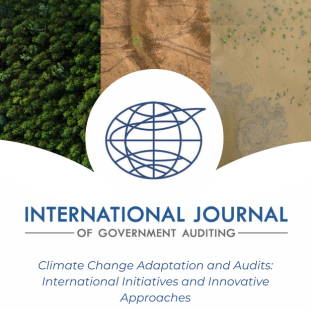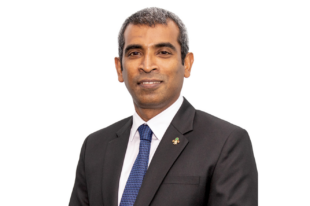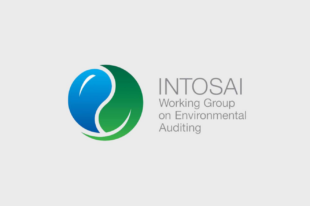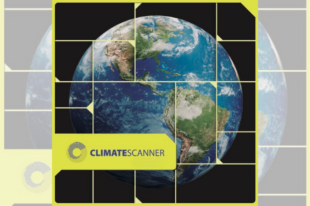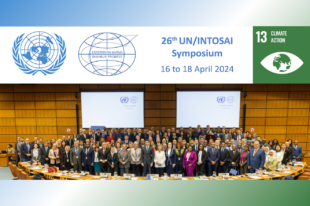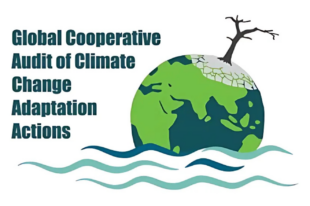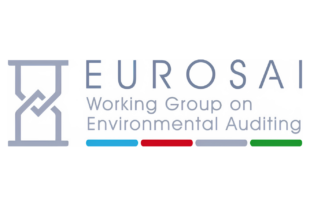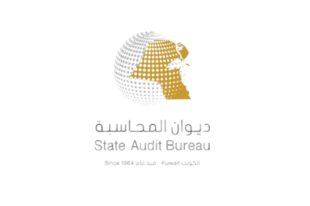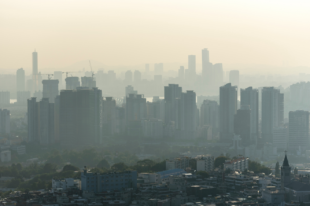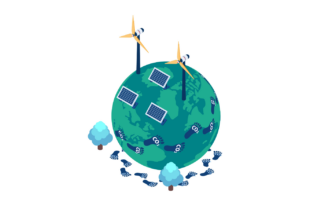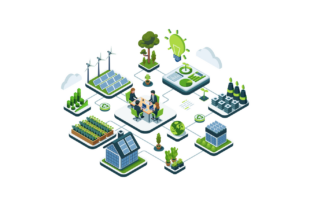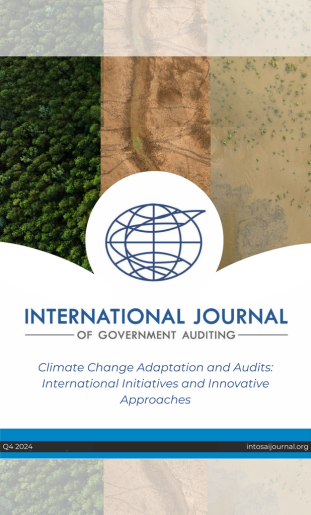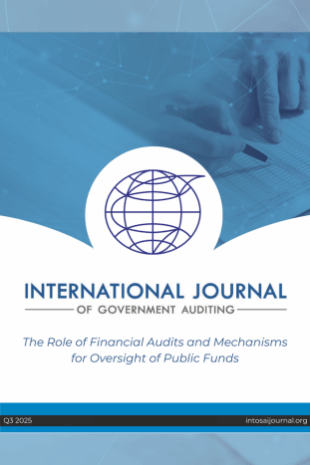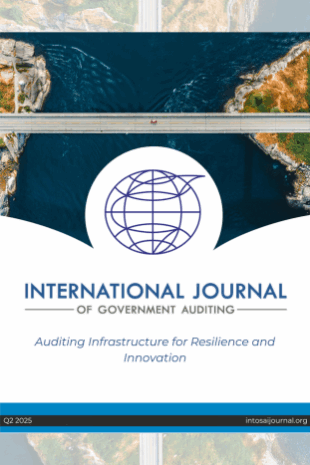From an aerial view, the Maldives appears as a dazzling pearl necklace, with its scattered islands forming intricate atolls in the Indian Ocean. Yet, the true heart of our nation lies beneath the surface—our extensive and vital reef system. Spanning 4,513 square kilometers, these reefs are the seventh largest globally, sustaining a diverse ecosystem of over 1,200 marine species. For our small island nation, these pristine waters, vibrant marine life, and sandy beaches are not just natural treasures but the backbone of our economy. Furthermore, our reefs act as crucial barriers, protecting our low-lying islands—80% of which are less than one meter above sea level—from the ocean’s relentless forces.
Q4 2024
Climate Change Adaptation and Audits: International Initiatives and Innovative Approaches
Download PDF



